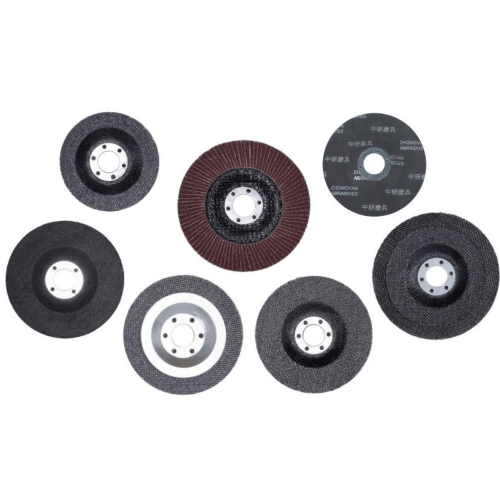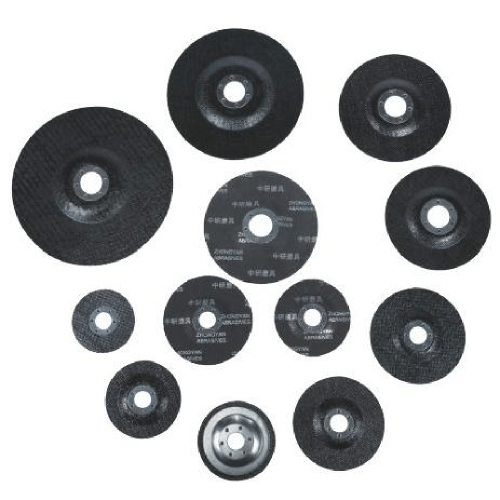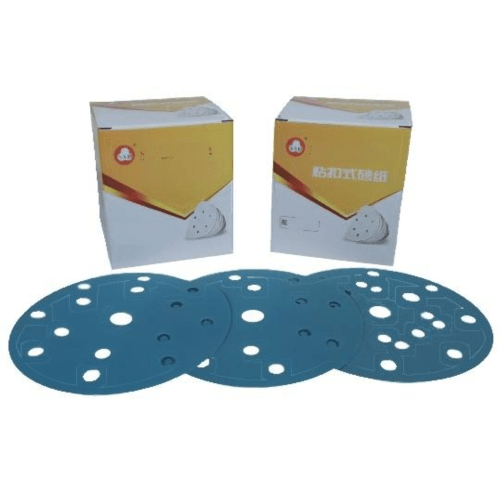wheel application fields
Wheel application fields encompass a vast array of industries and uses, representing one of the most fundamental technological innovations in human history. From transportation and manufacturing to agriculture and construction, wheels serve as critical components that enable mobility, efficiency, and productivity. In modern applications, wheels are engineered with sophisticated materials and designs to meet specific requirements for load capacity, speed, durability, and environmental conditions. Industrial wheels feature specialized characteristics such as heat resistance, chemical resistance, and shock absorption capabilities. In the automotive sector, wheels are designed with advanced aerodynamics and lightweight materials to optimize vehicle performance and fuel efficiency. Material handling equipment relies on various wheel types, including caster wheels, pneumatic wheels, and solid rubber wheels, each engineered for specific applications. The construction industry employs heavy-duty wheels capable of withstanding extreme loads and rough terrain conditions. Agricultural machinery utilizes wheels designed for optimal traction and minimal soil compaction. Additionally, aerospace applications demand highly specialized wheel systems that can withstand extreme temperatures and pressures while maintaining structural integrity.


